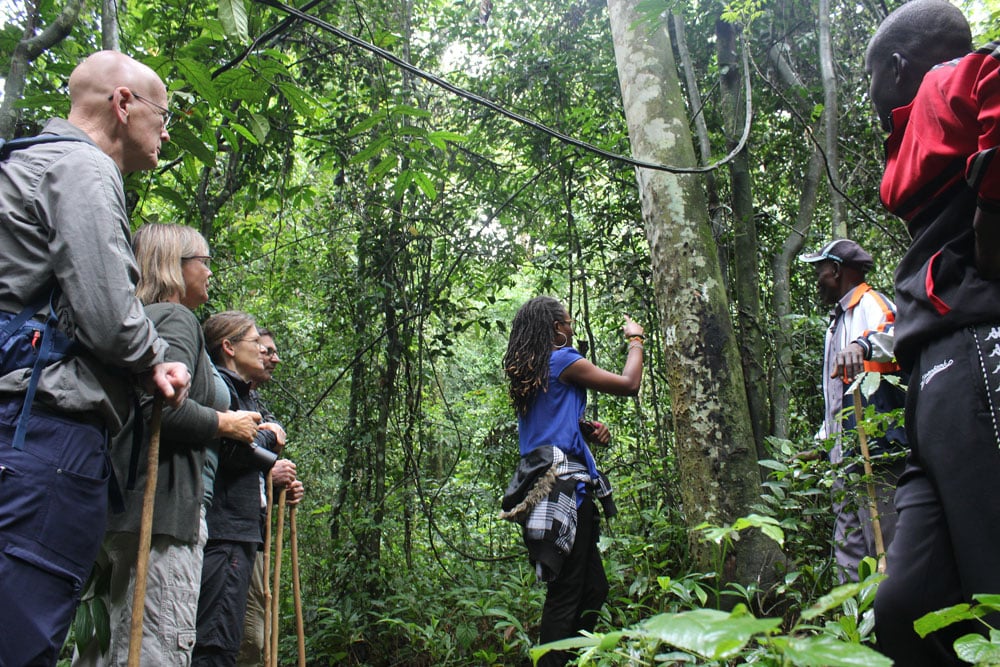Prime
Jinja to redevelop 3,000 housing units

An aerial view of Walukuba/Masese housing estate that Jinja City. The city council wants it redeveloped into standard accommodation units. PHOTO/DENIS EDEMA
Authorities in Jinja City say they are to redevelop over 3,000 housing units in an estate in Walukuba, Jinja Southeast Division to meet standards.
The estate is home to about 17,000 people drawn from across Uganda, with many of them employed in factories, while others are in the informal sector.
However, in 2007, the then Jinja Municipal Council authorised the privatisation of the estate, where sitting tenants were given the option of buying their house-plots on 49-year leases.
The rationale of the privatisation was that the tenants were in a better position of renovating the houses or demolishing them and constructing new structures.
But today, most of the plots in the estate have been sold off to the tenants, many of whom have constructed new houses, while several of the older structures still stand.
Jinja City Council Speaker Bernard Mbayo now says it was a “huge political mistake” to sell the housing units to sitting tenants, adding that because of such “a radical political decision, Walukuba/Masese has become one of the biggest slums in Uganda.”
Mbayo wants government to provide leadership and link up bloc owners to National Housing and Construction Company (NHCC) to build better houses.
“As council, we want the government to link these sitting tenants to NHCC to build ground floor houses fitted with everything; then, going upwards, we will be able to sell the top (first floor upwards) to recover what we have put in. As leadership, we are going to do what it takes to achieve that,” Mbayo said in an interview on Wednesday.
According to Mbayo, the buildings being erected by residents “are not representative of the dreams of Jinja City status.”
He added: “People are still digging pit latrines by the road, which council is not going to accept.”
Jinja South Division Deputy Resident City Commissioner (RCC) Henry Kitambula says Walukuba housing estate had a lot of challenges following the previous council’s leadership that passed a motion to sell houses to sitting tenants.
“There were double allocations made by the (allocation) committee of the council at that time,” he noted, adding that “over the next three years, Jinja City will be hosting the highest number of visitors because of the redevelopment of the Source of the Nile.”
Jinja City Council authorities last month handed over the Source of the Nile site to Excel Construction Ltd to construct a viewing deck and the glass bridge where the River Nile starts at a cost of Shs15 billion with works to be done over a 12-month period.
The modern pier will include a docking place for boats, vehicle parking yard, restaurants, children playground, and shops among other amenities, which, upon completion, will attract more local and international tourists to Uganda.
Eng Kenneth Kaijuka, the NHCC chief executive officer, says if Jinja City is to attract investors, then local authorities must unconditionally acquire land.




